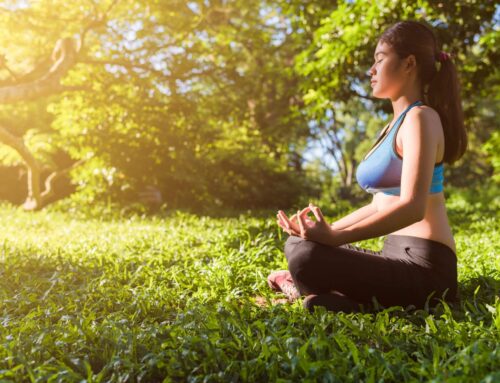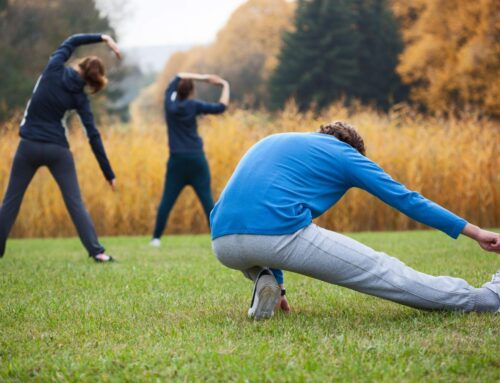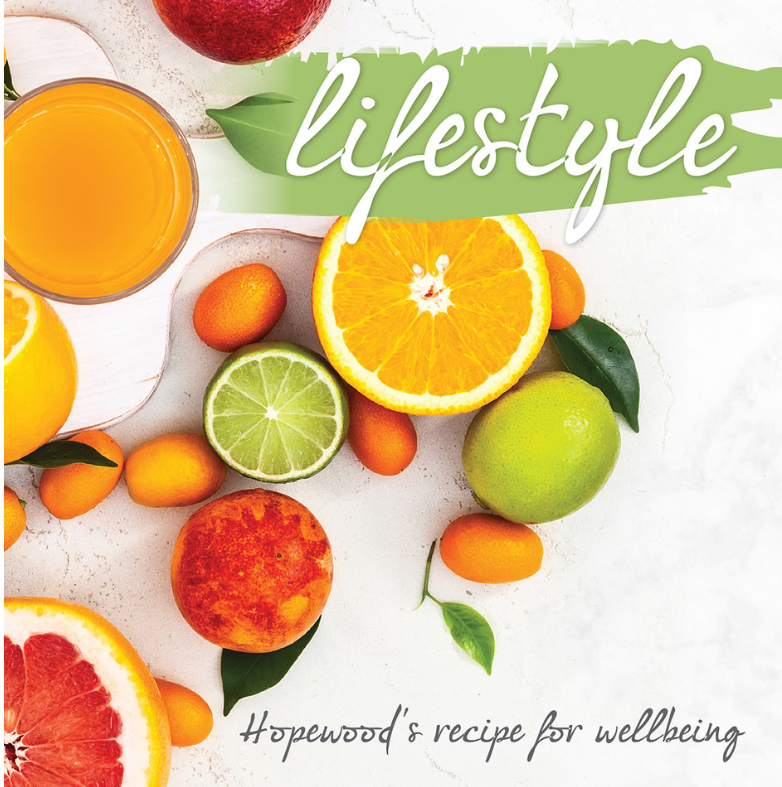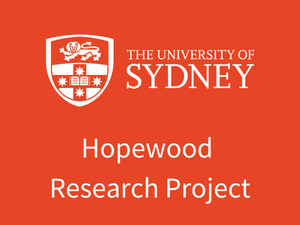Sleep well at last – Part one
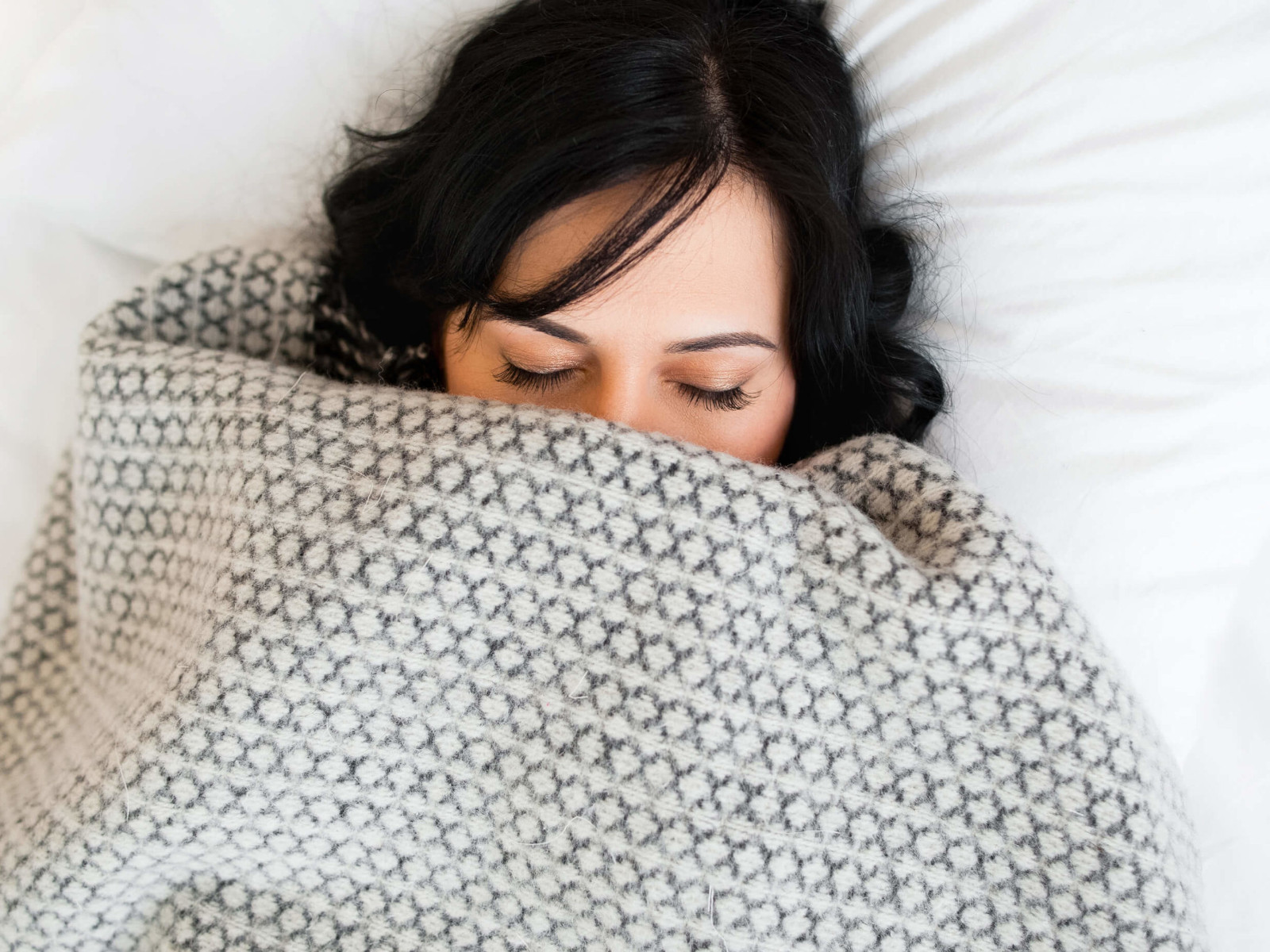
Somewhere between 13 and 33% of the Australian population suffers from regular insomnia (difficulty in either getting to sleep or sleeping through the night), and many more experience intermittent insomnia bouts due to disruptions in daily routines, or periods of stress.
Insomnia worsens as we age, especially for women. For far too many of us, trying to get enough sleep to feel refreshed in the morning and have the emotional and physical stamina to get through each day, feels like a losing battle.
Here are some tips to help you get a good night’s sleep:
Maintain a regular sleep schedule
Get up at the same time, and go to bed at the same time each day, even on weekends, to set your body clock. It’s preferable to wake with the daylight, but if you don’t, ensure you’re exposed to daylight or a full-spectrum light such as those used to treat Seasonal Affective Disorder, for 30-45 minutes within an hour of waking.
Avoid caffeine, nicotine, alcohol and sedatives
Caffeine is a stimulant. It suppresses slow wave sleep (the most restful, rejuvenating part of the sleep cycle) and its effects last up to 14 hours – so even one coffee or tea in the morning can still affect your sleep at night.
Nicotine is also a stimulant.
Alcohol is a central nervous system depressant, which suppresses rapid eye movement (REM) sleep. Then, as it wears off, it evokes a rebound increase in REM sleep along with adrenalin secretion. This inhibits slow wave sleep, meaning you wake up still feeling tired.
Sedatives – often prescribed to help people sleep – also suppress deeper levels of sleep.
Exercise as vigorously as your fitness level permits
You need to work out hard enough to feel hot and raise a sweat. The normal drop in body temperature during the late afternoon, is one of the cues for secretion of the sleep hormone melatonin. If you raise your core temperature through exercise, the drop in body temperature is more dramatic, triggering more melatonin release.

